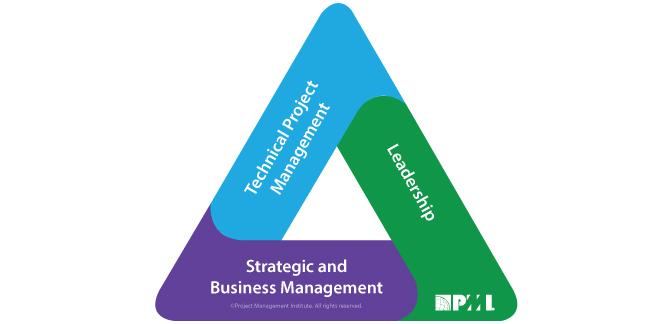Skill shortages are now a global phenomenon, impacting organisations in virtually every industry sector. In the field of project management, however, the skills gap is growing at a faster rate than was anticipated just a few years ago.
The implications for organizations and project management professionals are highlighted in new research from the Project Management Institute (PMI). The Project Management Job Growth and Talent Gap 2017–2027 report, the third commissioned by the PMI, explored the problem in depth across a number of global markets, including China, India, the U.S., Japan, Brazil, Germany, UK, Canada, Australia, Saudi Arabia, and the United Arab Emirates, which collectively represent the world’s developed and growing economic powers.
Wanted: 87.7 Million Project Managers
The findings reveal that employers in those countries will need 87.7 million individuals working in project management-oriented roles by 2027. The previous PMI Project Management Talent Gap report in 2012 had estimated that the number of project-related jobs would reach 52.4 million by 2020. This figure has already been exceeded, topping 66 million at the start of this year.
One of the main drivers of talent shortages is the fact that the global economy as a whole has become more project-oriented, giving rise to a sharp increase in the number of jobs requiring project-oriented skills, particularly in the fast-growing economies of India and China.
Another factor is that demand for project management skills extends beyond traditional sectors, such as manufacturing, engineering and construction, into financial and professional services, publishing, and healthcare. This trend looks set to continue with industries that are currently not highly project-oriented likely to experience growth in project management-related openings.
New Technologies Bring Increased Demand
In order to remain competitive, organizations are increasingly relying on technology, such as artificial intelligence and machine learning, to boost productivity and efficiencies. This trend is creating additional demand for project managers with the skills to deliver and support technology implementation projects.
As a profession, project management is mature and well-established. The inevitable result of which is an increase in attrition, as long-time project managers begin to retire. Their gradual departure from the ranks will further impact the skills shortage; there are not enough experienced project managers to take their place.
The shortage of project management talent is of huge concern for organizations that are more reliant than ever on that talent to remain globally competitive.
However, this talent gap makes experienced project managers incredibly valuable right now and in the future.
Taking Advantage of the Talent Gap
In high-performing organizations, talent management strategies are aligned with the overall strategies of the business. In keeping with the rapid pace of change that these organisations must adapt to, there have been shifts in what is expected of project managers in terms of their competencies, both now and in the future.

They no longer excel just at technical skills, but also at leadership and strategic and business management expertise. This broader set of skills is known within the PMI as the talent triangle, and are the key skill areas that today’s qualified project professional should possess in order to successfully complete the project.
Technical Project Management Skills
Technical skills and knowledge enable a project manager to perform specific functions or tasks that help them to achieve their organisation’s business goals. Project managers will be expected to have technical knowledge of the project activities needed to complete a project.
Leadership Abilities
Although technical skills are essential, soft skills are also a priority to employers. Good leadership skills are crucial for developing a vision for the team members and inspire them to achieve the target.
Team Building and Training Skillset
Project managers must also be inspirational, proactive, and able to motivate people from the start of the project to its successful completion. An additional responsibility is ensuring that members of the team have the skills they need to successfully complete their job, and if necessary to provide any training or coaching that is required.
Strategic and Business Management Experience
Employers rate this one as one of the top three in the “ideal skillset” for project managers. A project manager who is skilled in strategic and business management is better able to analyse business decisions before implementing them. These analyses include cost benefit analysis, strength and weakness analysis, market conditions, legal requirements, and compliance, etc.
Change Management Expertise
Change is a constant in business. In addition to the key skill areas detailed above, many organisations are now looking to incorporate some of the softer change management and organisational development skills into the project management function, and will seek out project managers who can provide that more integrated approach to large project management and the inevitable organizational change.
With the predicted rise in new project-orientated jobs, competitive salaries and opportunities in global markets, career prospects have never looked better for project management professionals.








